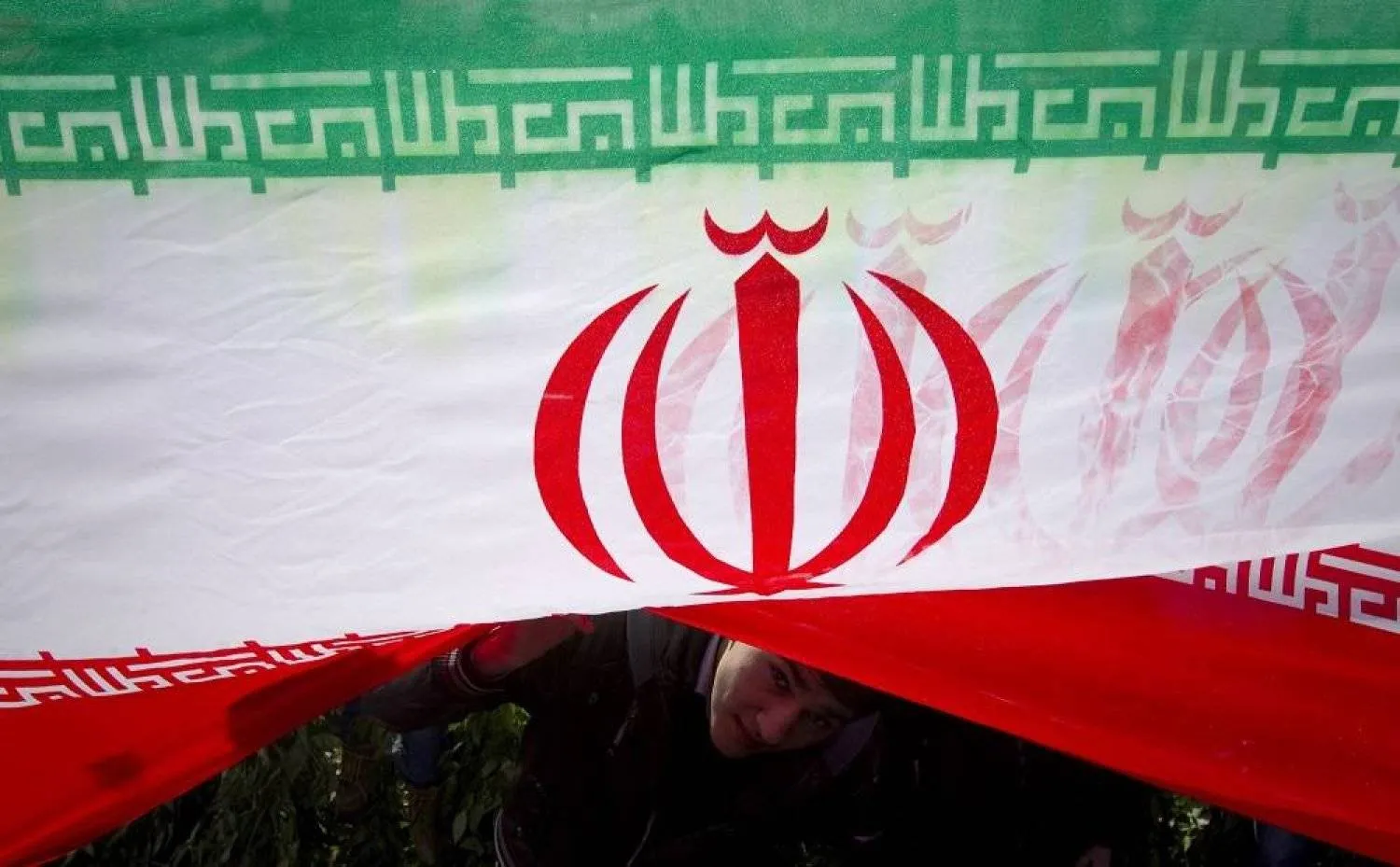Iran's elite Revolutionary Guards Corps (IRGC) has ordered all members to stop using any type of communication devices after thousands of pagers and walkie-talkies used by its Hezbollah allies in Lebanon blew up in deadly attacks last week, two senior Iranian security officials told Reuters.
One of the security officials said a large-scale operation is underway by the IRGC to inspect all devices, not just communication equipment. He said most of these devices were either homemade or imported from China and Russia.
Iran was concerned about infiltration by Israeli agents, including Iranians on Israel's payroll and a thorough investigation of personnel has already begun, targeting mid and high-ranking members of the IRGC, added the official, who declined to be identified because of the sensitivity of the matter.
"This includes scrutiny of their bank accounts both in Iran and abroad, as well as their travel history and that of their families," the security official said.
Iran's Foreign, Defense and Interior Ministries were not immediately available to respond to the comments made by the security officials to Reuters.
In a coordinated attack, the pager devices detonated on Tuesday across Hezbollah's strongholds. On Wednesday, hundreds of Hezbollah walkie-talkies exploded. The attacks killed 39 people and injured more than 3,000 people.
Lebanon and Hezbollah say Israel was behind the attacks. Israel has neither denied nor confirmed involvement.
The security official declined to give details on how the IRGC force, comprising 190,000 personnel, are communicating. "For now, we are using end-to-end encryption in messaging systems," he said.
According to the same official, there is widespread concern among Iran's ruling establishment. IRGC officials have reached out to Hezbollah for technical assessments, and several examples of exploded devices have been sent to Tehran for examination by Iranian experts.
MISSILE, NUCLEAR FACILITIES
Another Iranian official said Iran’s main concern was the protection of the country's nuclear and missile facilities, particularly those underground.
"But since last year, security measures at those sites have increased significantly," he said in reference to stepped up measures after what Iranian authorities said was Israel's attempt to sabotage Iran's missile program in 2023. Israel has never commented on this.
"There has never, ever been such tight security and extreme measures in place as there are now," he added, suggesting that security has been significantly increased beyond previous levels after the pager explosions in Lebanon.
The IRGC is a powerful political, military and economic force in Iran with close ties to the Supreme Leader Ali Khamenei. Set up after the 1979 Iranian Revolution to protect the clerical ruling system, it has its own ground force, navy and air force that oversee Iran's strategic weapons.
It exerts influence in the Middle East through its overseas operations arm, the Al Quds Force, by providing money, weapons, technology and training to allied groups: Hezbollah in Lebanon, Hamas in Gaza, Yemen's Houthis and militias in Iraq.
Iran's military uses a range of encrypted communication devices, including walkie-talkies, for secure communication, said the first Iranian source. While specific models and brands might vary, Iranian military communications equipment was often developed domestically or sourced from a combination of local and foreign suppliers, he said.
He said Iran's armed forces have stopped using pagers for over two decades.
Tehran has developed its own military-grade radio transmissions through its defense industry to avoid reliance on foreign imports, especially due to Western sanctions imposed on Tehran over its nuclear program, he added.
However, in the past, Iran has imported communication devices from countries such as China and Russia and even Japan.
Iran and Israel have been locked in a shadow war for decades, with mutual allegations of sabotage and assassination plots.
The conflict, including between Israel and Hezbollah, has intensified in the past year in parallel with the Gaza war, which erupted after the Palestinian Hamas group attacked southern Israeli communities on Oct. 7.
Iran and Hezbollah have blamed Israel for assassinating Hamas leader Ismail Haniyeh in Tehran and Hezbollah's most senior military commander, Fuad Shukr, in Beirut a few hours earlier in July. Israel said it killed Shukr but it has not confirmed it was behind Haniyeh's death.
Iran does not recognize Israel's right to exist. Khamenei has previously called Israel a "cancerous tumor" that "will undoubtedly be uprooted and destroyed".
Israel believes that Iran poses an existential threat. It also accuses Iran of secretly trying to develop nuclear weapons, though Iran denies seeking to build a nuclear bomb.
Iran's Guards Ban Communications Devices after Strike on Hezbollah

Iranian flag (Reuters)

Iran's Guards Ban Communications Devices after Strike on Hezbollah

Iranian flag (Reuters)
لم تشترك بعد
انشئ حساباً خاصاً بك لتحصل على أخبار مخصصة لك ولتتمتع بخاصية حفظ المقالات وتتلقى نشراتنا البريدية المتنوعة







